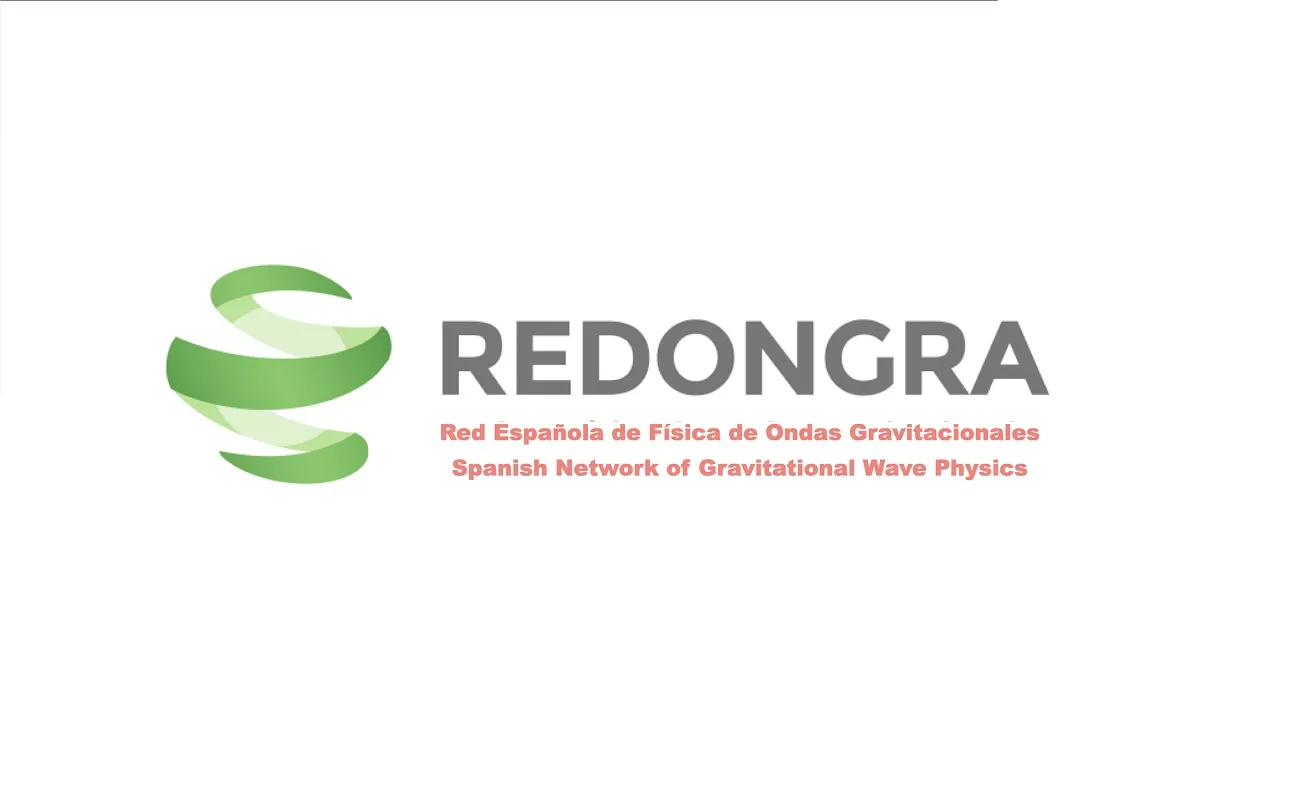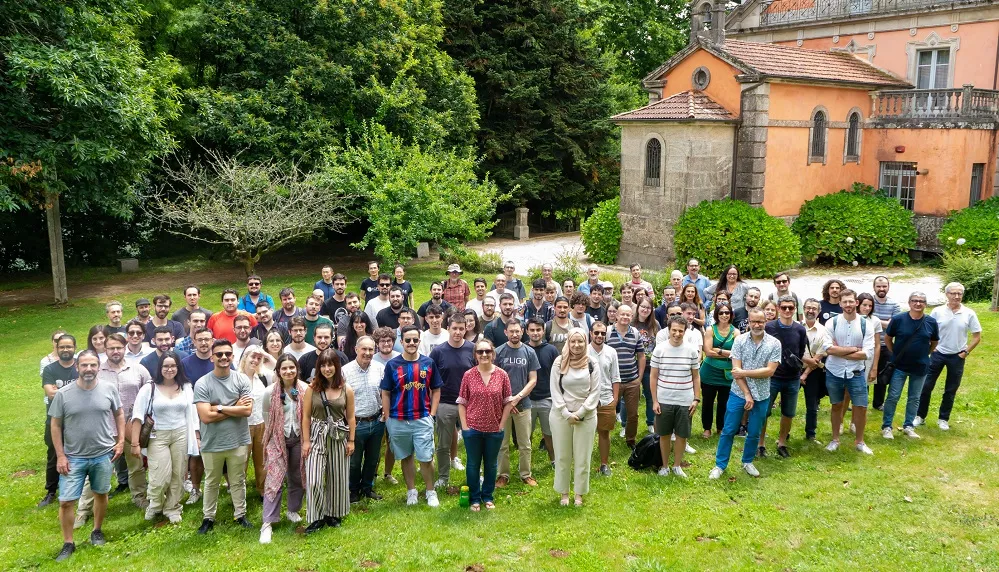O IGFAE únese a REDONGRA, unha rede para impulsar a ciencia de ondas gravitacionais en España



22.03.2024

O Instituto Galego de Física de Altas Enerxías (IGFAE), centro mixto da Universidade de Santiago de Compostela e a Xunta de Galicia, formará parte durante os vindeiros seis anos da rede de centros acreditados como Unidade de Excelencia María de Maeztu. O recoñecemento para o IGFAE, que neste 2024 cumpre 25 anos de historia, abre unha nova etapa na consolidación do centro.
Esta distinción da Axencia Estatal de Investigación supón un financiamento de 2,6 millóns de euros durante os vindeiros catro anos, o que permitirá desenvolver o proxecto estratéxico do Instituto e continuar coa evolución iniciada durante o anterior período da acreditación (2017-2021). Naquel momento, o IGFAE converteuse no primeiro centro galego en recibir este recoñecemento de excelencia. Este fito xerou unha profunda transformación e impulsou o crecemento do centro, tanto na súa organización como na estrutura e rendemento científico.
O director do IGFAE, Carlos Salgado, salienta que a renovación como Unidade de Excelencia María de Maeztu “é un recoñecemento ao traballo realizado nos últimos anos, nun ciclo iniciado pola primeira acreditación, que produciu unha transformación completa do IGFAE, e un impulso ao ambicioso proxecto estratéxico proposto para os próximos anos”.
Engade Carlos Salgado que “esta nova fase coincide coa apertura da nova sede do IGFAE, deseñada para contar coas infraestruturas científicas esenciais para dar resposta aos nosos retos científicos”.
O selo María de Maeztu marcará a aposta estratéxica do IGFAE para os vindeiros anos, con acento na participación en grandes experimentos internacionais, a formación de persoal investigador e a captación de talento.
Neste sentido, o equipo investigador do Instituto vai estar presente en proxectos científicos que nos vindeiros anos afrontarán un grande avance, como as actualizacións no LHC do CERN ou o Observatorio Pierre Auger, a detección e análise de ondas gravitacionais (LIGO), ou os experimentos de neutrinos DUNE, NEXT ou HyperKamiokande e o desenvolvemento das infraestruturas de Física Nuclear GSI/FAIR, FRIB, etc.
Igualmente, a estratexia de formación e promoción de talento tomará pulo, cunha meirande oferta de prazas para estudantes de doutoramento, e continuarase co programa Global Talent, que durante a anterior etapa da acreditación María de Maeztu xa permitiu reforzar o nivel científico do Instituto nas súas tres áreas estratéxicas de investigación. O centro mantén, ademais, unha elevada porcentaxe de éxito en convocatorias de alto prestixio, como as do European Research Council (ERC), Marie Sklodowska-Curie, Ramón y Cajal. ou La Caixa Junior Leader.
A nova etapa virá tamén marcada por unha clara aposta pola redución da fenda de xénero (aínda notable, a nivel global, en ámbitos como a física de partículas), co compromiso de incrementar a atracción de persoal feminino.
A concesión da María de Maeztu chega nun momento clave no presente e futuro do IGFAE. O centro, creado o 27 de xullo de 1999, está por tanto a piques de celebrar o seu 25º aniversario, arredor do cal se organizará un programa de eventos para achegar á sociedade galega o labor do Instituto, e salientar o relevante papel nas máis importantes colaboracións científicas internacionais na física de partículas, astropartículas e nuclear.
Alén disto, as obras de construción da nova sede do IGFAE afrontan nestes meses a súa fase final. Unha vez finalizadas, o Instituto aumentará nun 70% a súa superficie actual, con novos laboratorios experimentais, espazos comúns de traballo e áreas destinadas ás actividades de divulgación.
O Instituto Galego de Física de Altas Enerxías (IGFAE) naceu co obxectivo principal de coordinar e fomentar a investigación científica e técnica no campo da Física de Partículas, Astropartículas e Nuclear, e áreas relacionadas. Un dos piares da súa sólida traxectoria aséntase na participación en infraestruturas internacionais como o CERN, GSI / FAIR, o Observatorio Pierre Auger e LIGO.
Está formado actualmente por un equipo dunhas 140 persoas, entre persoal científico, técnico e de xestión. O IGFAE conta, ademais, co recoñecemento CIGUS da Xunta de Galicia, que acredita a calidade e impacto da súa investigación.